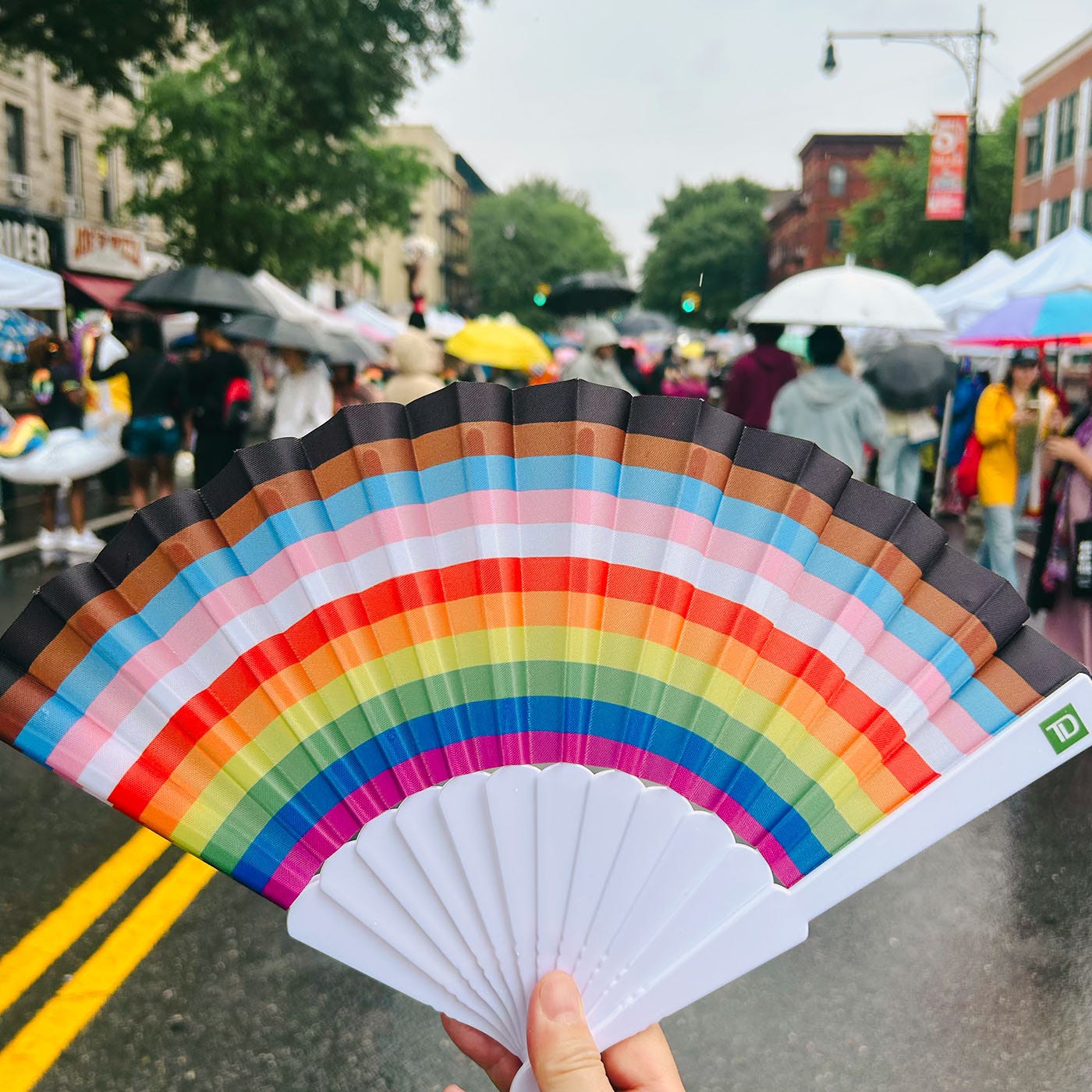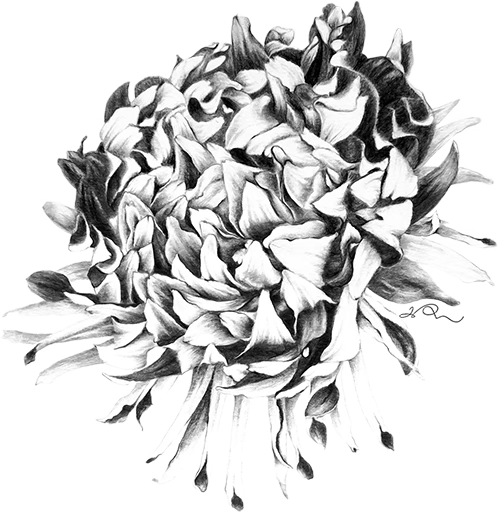The only thing that I’m hanging onto right now at this very moment when my heart is sinking is the memory of last night’s dinner. The four of us sitting around the table, something the kids insist on when they come home even though we’ve grown accustomed to eating meals on the couch in their absence. They cooked the entire dinner themselves, complete with a two layer frosted coconut cake.
Summers with children have always been a disruption in routines. Jobs that require long hours systemically push out mothers. Anyone arguing that AI might replace schools and teachers in the future either never had a kid or have already forgotten the puzzle-solving ingenuity it takes to be a working parent during summer breaks. Whether we allow ourselves to say it out loud, schools serve as a form of childcare as much as it exists to educate our children. This is why summers feel so shaky, even stressful.
But your kids are in college, why are you waxing lyrical about summer? I never expected that summer transitions would still be this hard. To be out of sight means it’s easier to let go and champion their independence, only to feel discombobulated in a confusing blur of undefined boundaries when they return. Are they adults or are they children? Am I a parent or have I become a mentor/housemate who happens to pay the bills? I’m in a constant volley of emotions, feeling like I raised them right one minute, only to question my parental judgment the very next morning. I’m on a rollercoaster ride second guessing everything.
It always takes a few weeks to resettle group dynamics when your lives are this intertwined. And then, of course, they leave again.
I learned a new word for a phobia recently: chronophobia. It’s an anxiety order around the intense fear of time—or more specifically, the passing of time and the uncertainty of what the future brings. I’m not saying that I think I have this affliction, but as I was bemoaning to a friend last week about how it’s already mid-June, I immediately wondered why I even cared. Why do I care that we’re halfway done with 2025? Why do I want to slow time at all?
The fear of the future is palpable though, everywhere I turn. I feel like our country is running on fear. Fear of losing our jobs. Fear of being able to access and afford healthcare. Fear of retaliation for speaking out and defending basic human rights. Our neighbors living among us are fearful of being raided and snatched from workplaces and schools.
Those in power are governing this country on fear too. Fear of education and dissenting voices. Of outsiders “infiltrating” our country and introducing new cultures, new knowledge, new thinking. Banning books, privatizing PBS, defunding libraries and museums—all efforts to restrict the free flow of information in hopes that it’ll make a person less likely to question. We’re a nation of lawsuits trying to enforce new rules on one side while fighting to defend the existing laws of the constitution on the other. This division could not have been more on display than last Saturday’s $45 million military birthday spectacle and the thousands of marches around the country.

I had a different newsletter in mind this week, but as I sat down Monday morning burdened by something heavy weighing in my mind, I started to wonder what makes a newsletter worth reading. So many voices competing for the same sliver of attention in your inbox. Is it for insightful commentary and the dissemination of information? To be transported, entertained, to learn, and be inspired? Or for the poetry of words strung together that make you pause, reflect, and leave you breathless in their beauty? Surely, it’s not this random mess of thoughts I’m writing.
Newsletters in a genre that’s described as “personal essay” can feel trivial when the world is burning. What do you care about my angst over the state of the world or what I ate last weekend? Some of you will unsubscribe today. It usually happens every time a writer hits publish. That’s just churn and unless you have investors breathing down your neck, it’s best just to ignore it.
But if you’re still here, maybe you’re like me and read newsletters the way I read blogs back in the day before we abandoned them for something more shiny and new. I read newsletters for the intimate space that it creates between me and another human, for the pocket community that forms around conversations in comments. I appreciate them more now as I grasp for a respite from both the news and mindless, scrollable content. It’s a longform bridge between books and micro-content, helping to retrain my brain to focus and hold attention for more than just a few minutes.

Maybe we’ll abandon this platform too when it gets overplayed, except this time I might not jump onto the next shiny thing. Just as I successfully kicked my caffeine habit, I don’t want to get sucked back into excessive online addiction. I think that era might finally be over.
Humans are not meant to live as digitally-herded entities. As we claw our way out from social media burnout and retreat back to smaller circles, we’ll realize that it was always within our power to reclaim our time. Refuse to be a datapoint. We don’t have to participate in a system that quantitatively tracks our every move, our activities continuously measured to make the machines smarter and the oligarchs richer.
Many of us are longing for more human experiences. When the illusion of connection we’ve conditioned ourselves to accept as normal finally reveals its emptiness, perhaps then we’ll be moved to seek something deeper and more real. Until then, and hopefully still after, there is a real person on the other side of your phone behind these written words. If it has to be done through the glass of a machine, let’s figure out how to make it more human.
Related reading
Weekly links & recommendations
To read:
Inside the Scrappy Network of Volunteers Protecting Their Neighbors From ICE (Mother Jones)
Friends, I don’t have the words right now except the way they are conducting ICE raids is just making me sick.The Atomic Bombs’ Forgotten Korean Victims (New Yorker)
The Japanese were not the only victims of the blasts in Hiroshima and Nagasaki. Ten to twenty percent were Korean, many of whom were brought to Japan as forced laborers. Coincidentally, when I came across this article, I was reading this poignant memoir-like essay from the writer of this New Yorker story, E. Tammy Kim.Ingredients for brilliance (aeon)
Achieving a flow state isn’t reserved for gifted geniuses, but achieved through intentional repeated practice. With some epiphanies that I’m having this summer, I am here to tell you that this is true.How Much Sleep Do You Really Need? There's a New Answer (Psychology Today)
New research indicates that how much sleep you need may depend in part on your culture. Interesting to see which country gets the most and least hours of sleep.'Glimmer of hope' for marine life at UN Ocean conference (BBC)
It takes a global effort of nearly 200 nations gathered in France to acknowledge and tackle protecting our oceans and marine life.She compared motherhood in four countries. The US isn’t looking good (Guardian)
No surprises here 🙄
An exhibition worth seeing if you’re in NYC:
Not to be overshadowed by the Costume Institute’s Superfine, NY-based artist Lorna Simpson also has an exhibition of her paintings at the Met. It wasn’t easy to find, but well worth the effort tracking it down.
“Source Notes focuses on a significant new development in her work of the last 10 years: paintings that advance her incisive explorations of gender, race, identity, representation, and history.”
What I’m currently reading:
Braiding Sweetgrass, Robin Wall Kimmerer (head’s up, an affiliate link)
I feel like I’m late to this book, but I am savoring each chapter.
What I’m watching:
The Studio (Apple TV)
Seth Rogan’s satire of Hollywood is fast-paced and hectic to a dizzying degree at times, but I’ll watch anything starring Catherine O’Hara. Episode 7 tackling racial insensitivity and problematic casting was especially entertaining.











I enjoy your writing about your life and family, and then connecting to the larger world. You write well and do some interesting things and you reflect on our disgraceful state of affairs. I am a bit older than you are but we are both facing age and re-jiggering our relationships to adult children.
Whenever I see a notification of a new post, I click over to read it. It doesn’t count as doom scrolling, it’s a brief essay that is disseminated on line. Hope you can keep going!
I read newsletter the same way, for the same reasons you do. I crave for real. Real love, real fear. Real confusion, real joy. All I want is real because I want to stay real. Human. Alive. This is all I want. The opposite of this is what I fear the most. So if you were wondering, yes you are worth reading. It is actually the type of newsletter I like to read (and write) the most. And yes Jenna, I have been writing these types lately and yes each time, a few unsubscribes. But honestly, I don't mind. As long as I keep it real, I know that I will be more than ok. xo thanks for sharing.